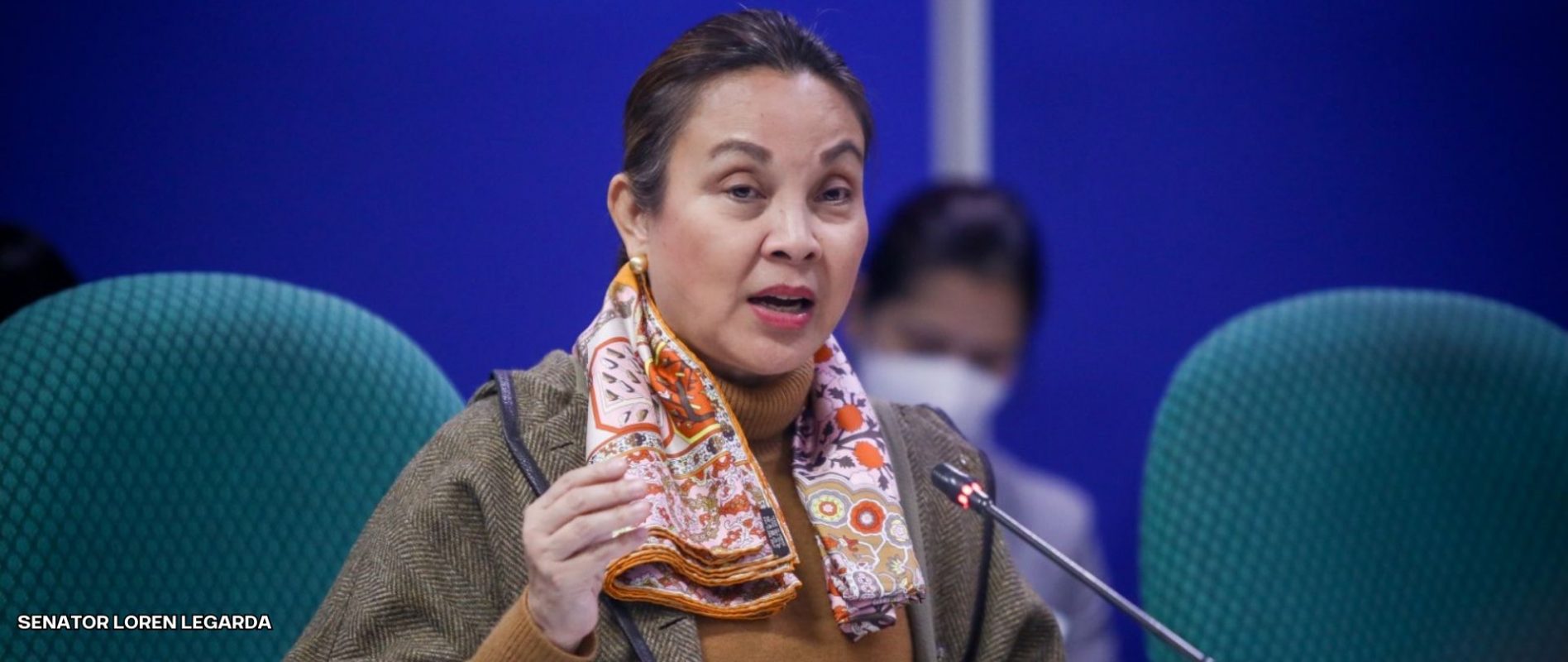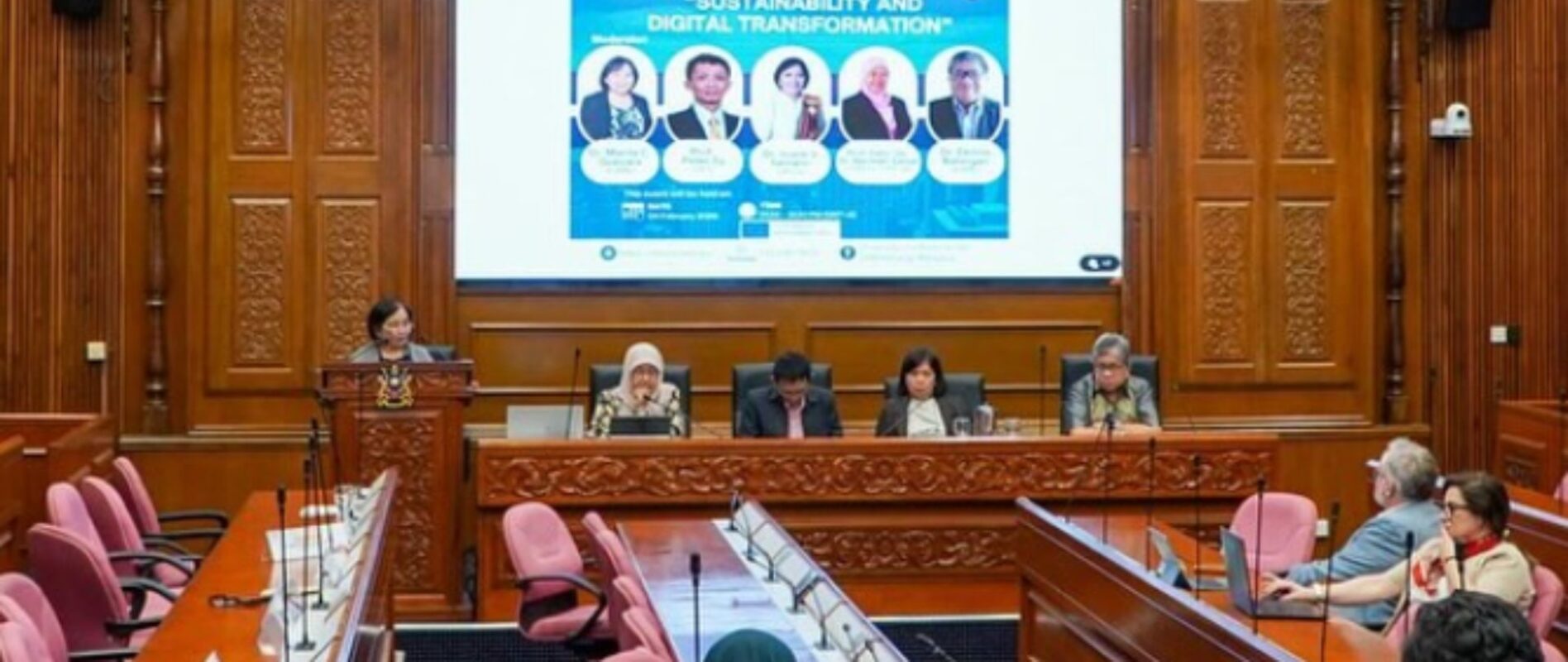COVID19 IS A DOUBLE-EDGED SWORD
It’s been almost a year since the whole country was put under lockdown after the government’s lenient attitude towards the COVID-19 pandemic made the country suffer in different aspects. Until now, the whole country is still under community quarantine.
While the virus continues to lurk across the country, it is inevitable that people must also continue in observing minimum health protocols, such as wearing face masks and face shields in public, to protect themselves and others from COVID-19. However, as much as our observance of these health protocols prevents us from acquiring or transmitting the virus, we are leading ourselves in what could still be a cause for the world’s ending – the worsening environmental problems.
Because of the pandemic, everything is encouraged to be used one-time. According to the World Health Organization (WHO), current evidence suggests the virus spreads between people through contact with contaminated objects or surfaces. The Food and Drug Administration (FDA) also regulates the use of disposable surgical masks, the type of mask that is most encouraged to be used.
It is indeed true that our health safety is of primary importance in today’s time and that everything that would help us be safe from the virus must be done. Yet, it cannot also be denied that these “disposables” worsen our problem with plastic trash and these materials contribute to make the climate crisis more problematic. This is how COVID-19, and the precautions it caused, becomes a double-edged sword.
COVID-19 triggered an estimated global use of 129 billion face masks and 65 billion gloves every month. Also, the surge of the “take-out” culture, which has saved many restaurants during this pandemic, is also contributing to the growing heap of single-use plastic globally, and most of these plastics are not recyclable. Carbon emissions are also expected to drastically rise during and after the pandemic.
Recently, heavy rains in Negros Occidental resulted in the flooding of several cities on the island. In one city alone, at least 21 houses were destroyed while 244 were damaged by the floods, resulting in the displacement of at least 4,661 families. A few days ago, another city was hit by a flood, putting 111 families in evacuation centers.
Climate change may not be the only reason for all these as a road construction project traversing the protected area of the Northern Negros Natural Park (NNNP) is currently underway. Even if the project is yet to be completed, it seems like Mother Nature is already giving signs of what could cause humanity’s extinction aside from the pandemic.
The Intergovernmental Panel on Climate Change warned the global community in 2018 that we only have 12 years left to limit the adverse effects of climate change. But that was pre-pandemic. Now that we have entered in the “new normal”, significantly changing the way people live into ways that were definitely not expected, the fate of our environment – and our future – is now at even greater peril.














